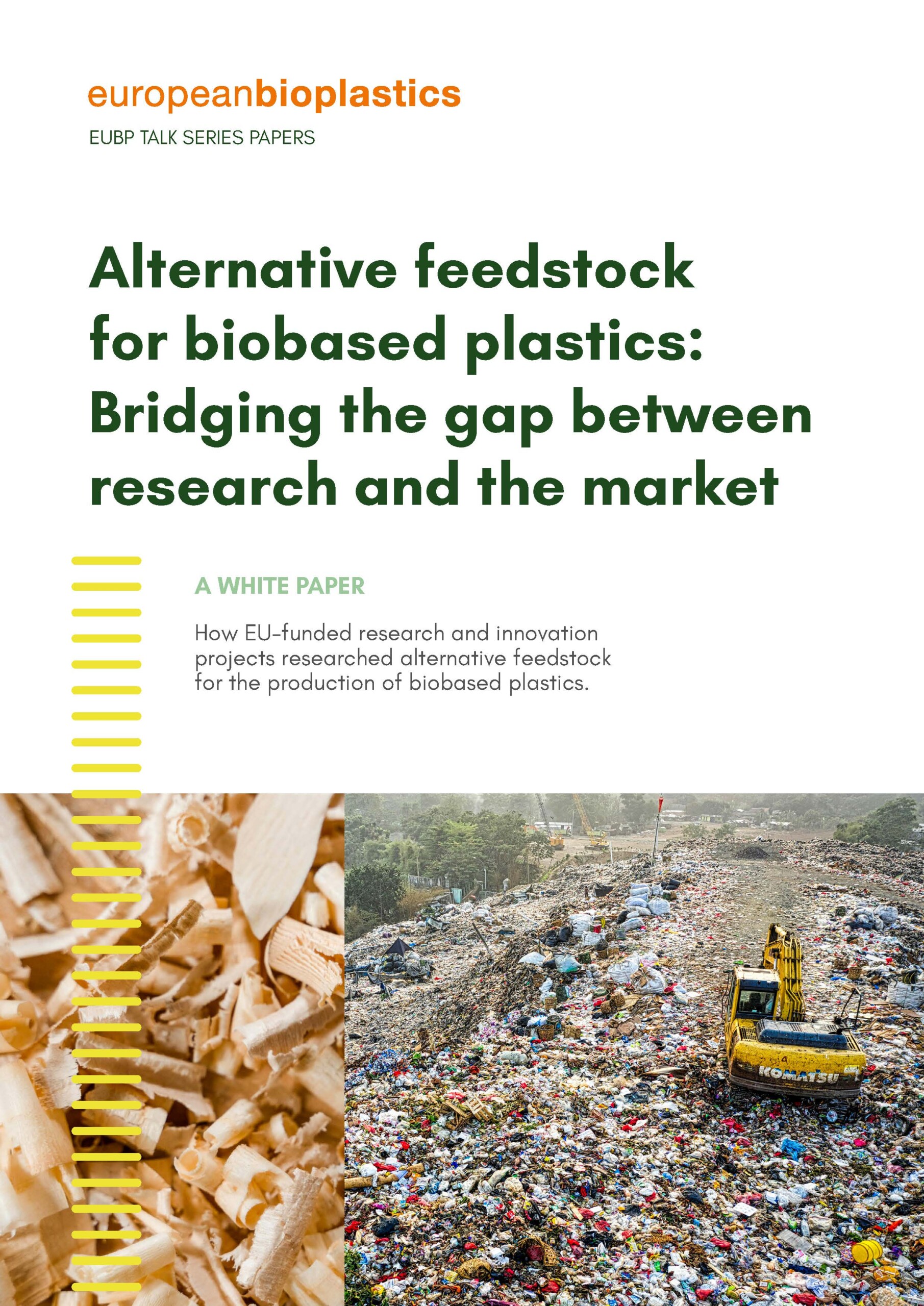Millions of tonnes of biowaste, particularly urban organic food waste, inundate European waste management systems yearly. However, approximately 60% of this resource currently finds its way to incineration or landfills, resulting in significant environmental and economic losses.
At the workshop held on 16 October 2024 at European Bioplastics in Brussels, European Bioplastics discussed the concepts of alternative feedstock with representatives of outstanding research and innovation projects and how biowaste can be successfully used for bioplastics production.
In the past years, several projects funded by the Horizon Programme for Research and Innovation and the Circular Bio-based Europe Joint Undertaking have been exploring ways to give residual and biowaste a second chance. These projects have transformed organic materials into eco-friendly alternatives to conventional plastics, with benefits ranging from landfill reduction to minimising the environmental footprint. In the meantime, new projects have started investigating and scaling up recycling technologies for bioplastics.
This white paper presents how biowaste can be a suitable source of feedstock, transformed into building blocks for biobased plastics, and ultimately pave the way to a sustainable future. It provides insights into the production of biobased monomers and biopolymers from biowaste and how the sorting and waste management systems can be enhanced for bioplastics recycling.
